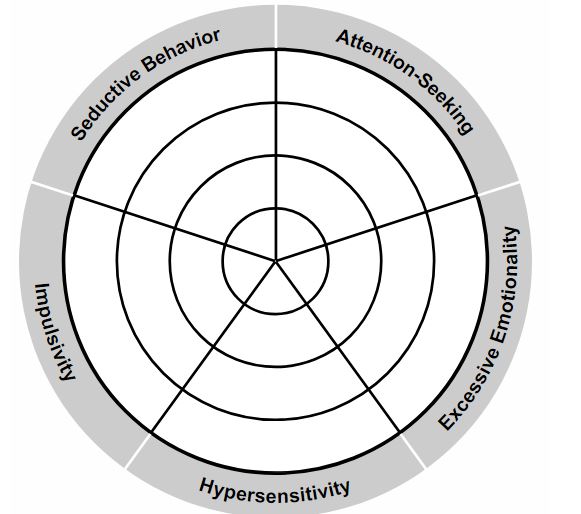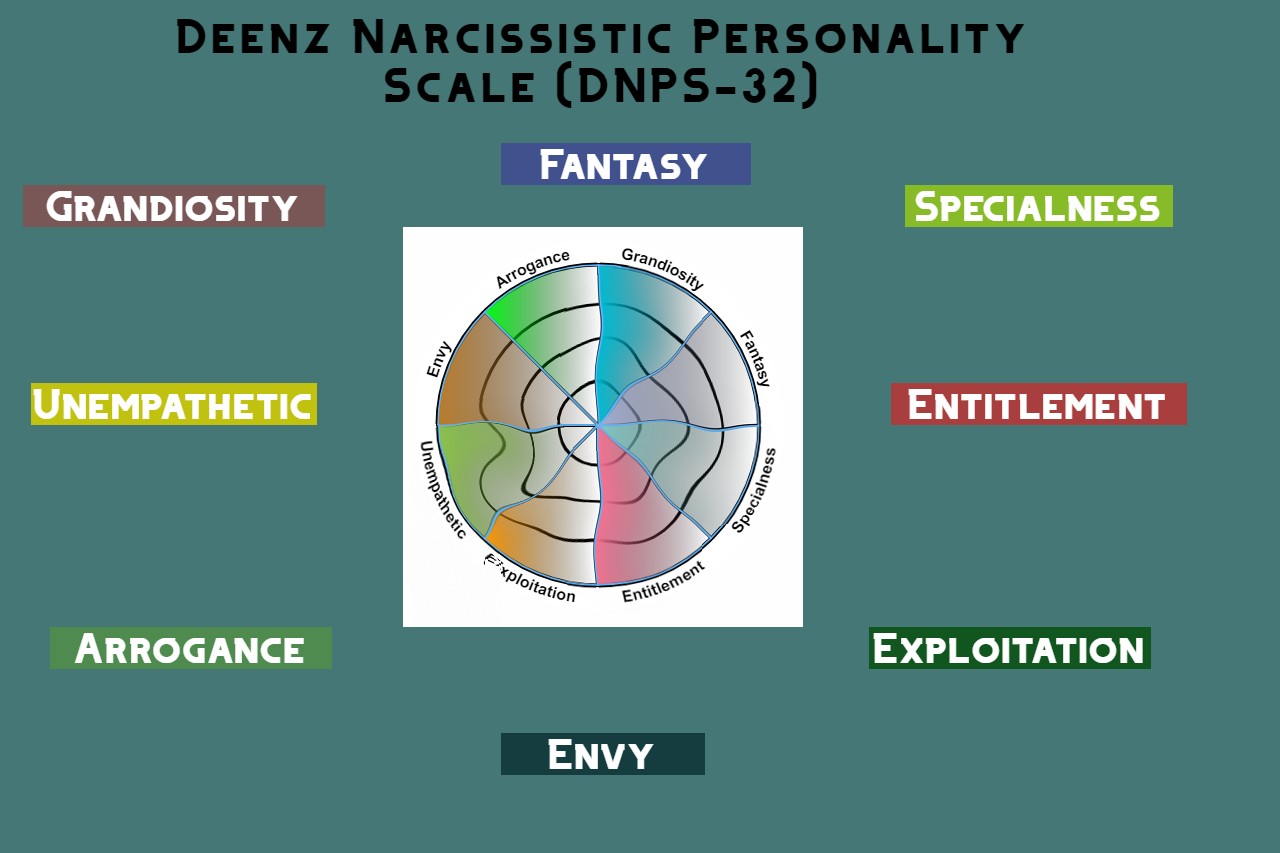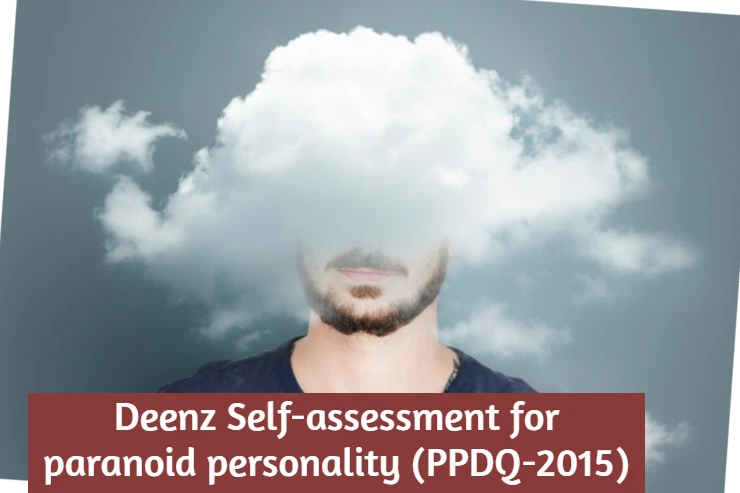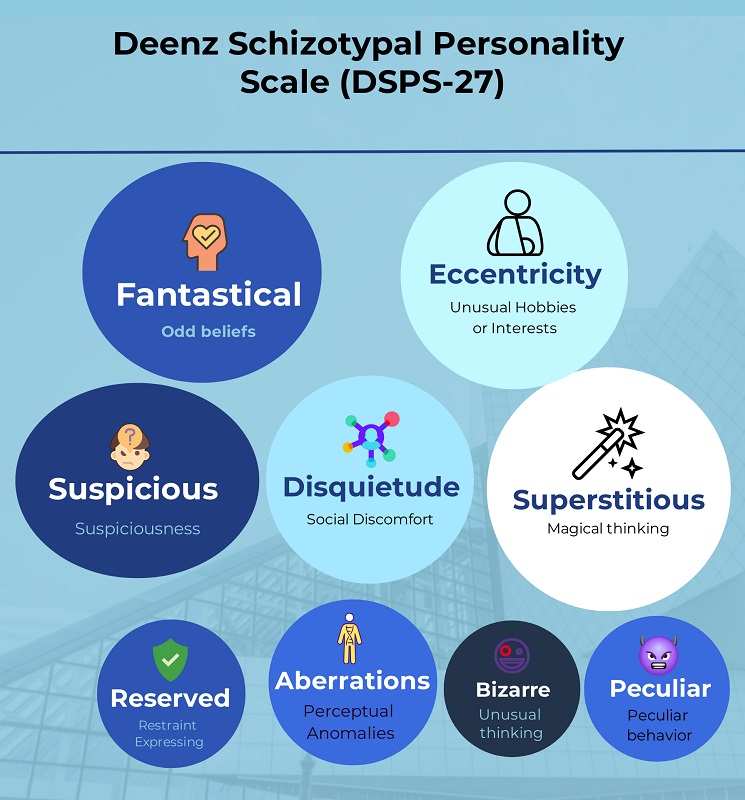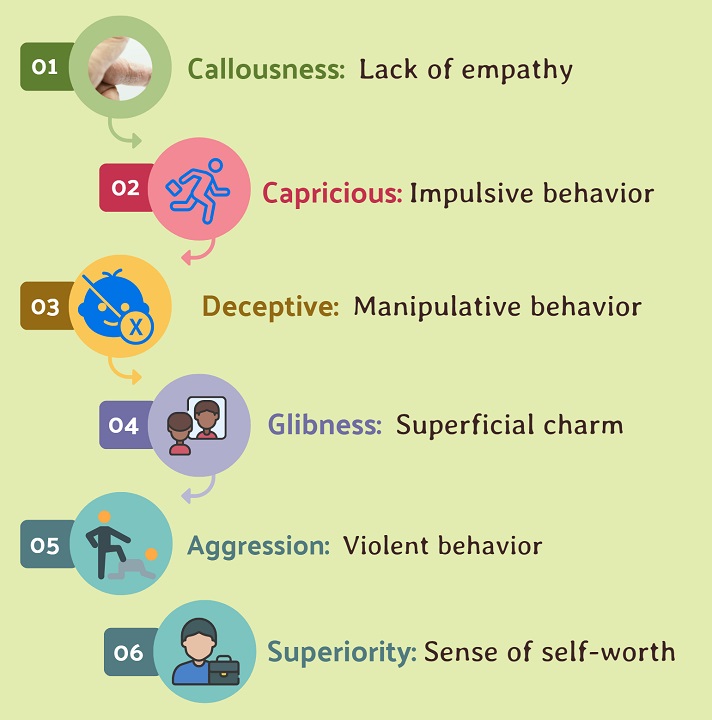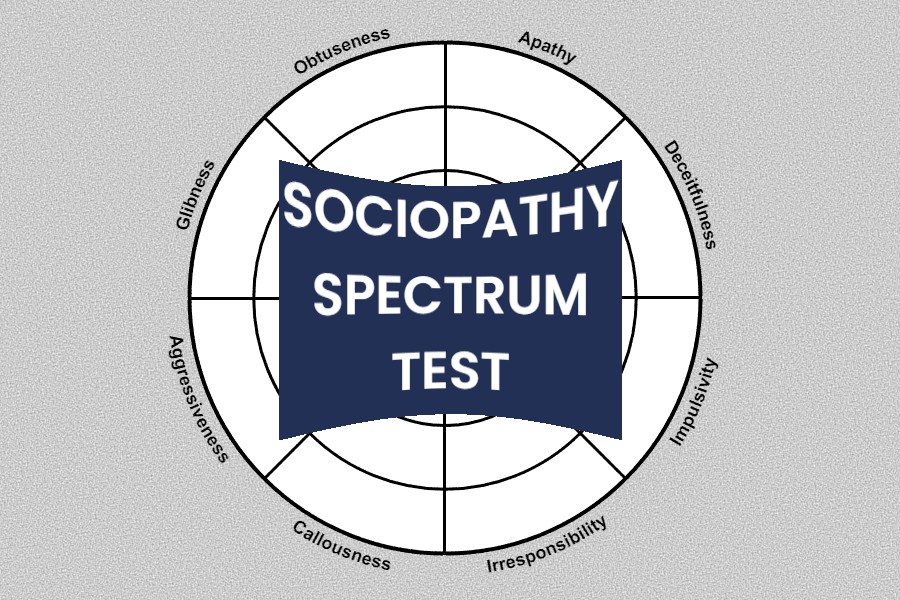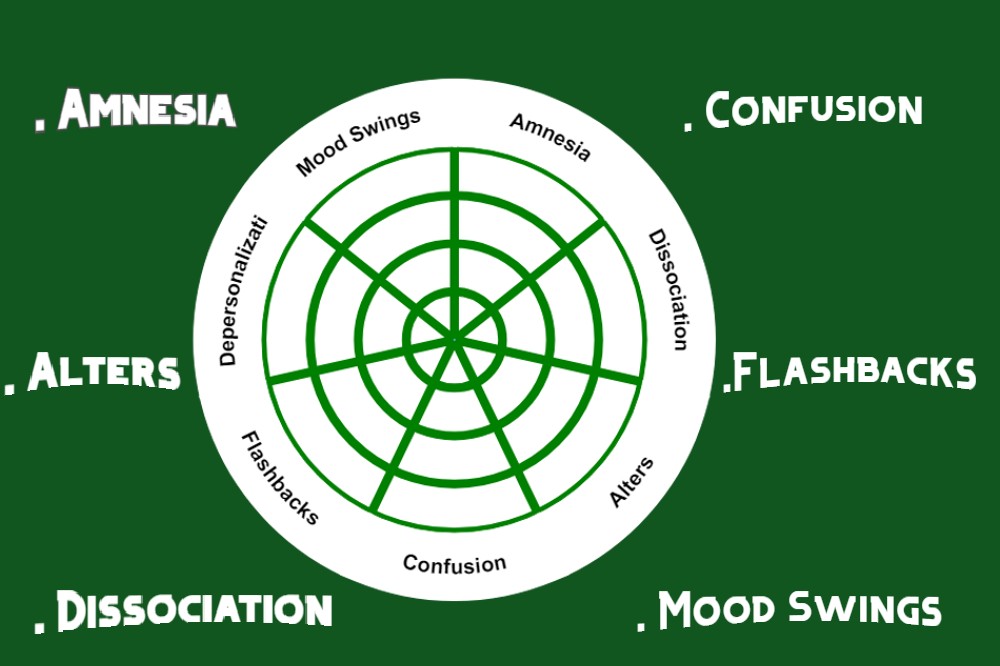Basic information | |
|---|---|
| Statements: | 20 |
| Duration: | 4–8 minutes |
| Type: | Self-assessment |
| Seminal work: | Deenz Histrionic Personality Scale (DHPS-22)[1] Dar DM. Deenz Histrionic Personality Scale: Measuring Subclinical Traits and Identifying Potential for Histrionic Personality Disorder Among College Students. |
| Publishing year: | 2024 |
| Instructions: | The purpose of this self-assessment is to measure subclinical traits of histrionic personality in the general or non-clinical population. It can also help determine whether or not a person is inclined to or likely to exhibit pathological traits associated with it. The preliminary version of the scale is based on 20 statements, for each statement you need to indicate your level of agreement. |
Histrionic Personality, also known as dramatic personality, refers to an individual who exhibits attention-seeking and seductive behaviors. People with histrionic personalities are attention seekers they use manipulative and flirtatious behaviors to seek attention. [2] Novais, ….. “Historical roots of histrionic personality disorder.” Deenz Histrionic Personality Scale is developed to measure subclinical traits associated with histrionic personality among college students. The main aim was to identify those students who exhibit a high inclination towards histrionic personality. Along with measuring subclinical traits, the scale was designed to identify the impact and likelihood of developing histrionic personality disorder. In a case study conducted with 230 college students, 131 male, and 99 female, the scale was found accurate in identifying students who showed impairment and tendencies towards clinical traits of histrionic personality. [1] Dar DM. Deenz Histrionic Personality Scale: Measuring Subclinical Traits and Identifying Potential for Histrionic Personality Disorder Among College Students.
Histrionic Personality Facets
Attention-Seeking: Extroverted people tend to be more social and love to interact with others, but people with attention-seeking behaviors may be perceived, negatively when there is an inner desire to be the center of attention. They can go to great lengths to achieve this and may use deceptive and manipulative ways to grab attention. They use superficial charm to attract your attention oddly. Their communication style may seem odd as they focus on impressions rather than facts. Attention-seeking behaviors may lead to impairment in social life.
Excessive Emotionality: Excessive emotionality is the state of expression of emotions exaggeratedly and dramatically to gain attention or sympathy. Some people are naturally emotional and may react to situations in different ways. People with a histrionic personality disorder may react strongly to events or situations, and they tend to display emotions exaggeratedly and disproportionately. In simple words, they express emotions in a way that others might find theatrical.
Hypersensitivity: People with histrionic personalities feel uncomfortable when they feel they are not in center of attention and they are also sensitive to criticism and disapproval. If they notice that someone is more attractive and is the center of attention they feel uneasy and may seek ways to regain attention inappropriately. When they share opinions they are unwilling to receive negative feedback and criticism. If they receive negative feedback, they may feel sad, depressed, and uneasy.
Impulsivity: Impulsivity refers to the tendency to act on sudden urges or desires without considering the consequences. People with histrionic personalities are quick to make decisions but without careful thoughts and planning. They act without considering long-term impact and take risks without evaluating potential dangers.
Seductive Behavior: Seductive behavior refers to the actions or gestures that are intentionally used to attract and appeal to others in a sexual manner. [3] Pfohl, Bruce. “Histrionic personality disorder: A review of available data and recommendations for DSM-IV.” People with historical personalities tend to engage in tactful behaviors to attract others physically to create a sense of allure. They engage in playful interactions to express interest in romantic relationships. From a subclinical perspective, it is a natural part of romantic interaction but in a clinical perspective, if these behaviors are excessive or inappropriate and lead to discomfort or misunderstanding then it may indicate the likelihood of a personality disorder.
References
Dar, Deen Mohd. “Deenz Histrionic Personality Scale: Measuring Subclinical Traits and Identifying Potential for Histrionic Personality Disorder Among College Students.” Authorea Preprints (2024). https://doi.org/10.22541/au.170534748.80679693/v1 ↩
Novais F, Araujo AM, Godinho P. Historical roots of histrionic personality disorder. Frontiers in psychology. 2015:1463. https://doi.org/10.3389/fpsyg.2015.01463 ↩
Pfohl, Bruce. “Histrionic personality disorder: A review of available data and recommendations for DSM-IV.” Journal of Personality Disorders 5.2 (1991): 150-166. https://doi.org/10.1521/pedi.1991.5.2.150 ↩




